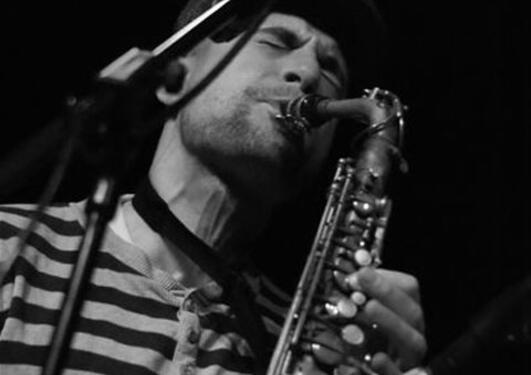Practitioner Knowledge: Musicology, Music Performance, Education and Therapy
Welcome to our Summer Course, which will take place in Stavanger June 2018. The event is organized by Grieg Research School (Western Norway).

Main content
Since its inception in 2010, the Grieg Research School has provided an interdisciplinary learning environment for researchers involved in music based studies, with an emphasis on knowledge through, as well as knowledge of, interdisciplinarity. GRS courses aim to stimulate dialogue between music disciplines and beyond, emphasizing the development of reflective and critical thinking. The Summer 2018 course, hosted by University of Stavanger, continues this work with a series of research presentations on theme of practitioner knowledge. The course focuses on questions of knowledge in musical practice exploring the ways practitioner knowledge emerges through the enactment of, and discourses on, music education, therapy, performance and research.
Practitioner knowledge in music has often been located around acts of performance, traditionally conceived in terms of an aesthetic or artistic event in the presence of an audience. In this situation practitioner knowledge suggests a residual set of bodily skills, interpretation strategies and genre knowledge unfolded in the here-and-now moment of enactment. Therefore, a central part of the practitioner knowledge might be located in a special form of alertness or subjectivity, described variously as improvisation, flow, or mindfulness. At the same time interdisciplinary studies of music opens up for a more distributed definition of practitioner knowledge to include everyday life musicking events and actions, which gives a range of possibilities and questions for music studies.
Through a series of keynote presentations practitioner knowledge will be defined, described, and questioned as it materialises in a range of musicking contexts. Discussions will explore questions around, what forms of knowledge are required by practicing musicians, and how might this vary from field to field? What types of knowledge are required to sustain a career as a performer in contemporary musical culture? In what ways is practitioner knowledge perceptually informed by bio-psychosocial experiences, and how can it be understood through the lens of inter-subjective experience? How can the ancient Greek concept of Phronesis allow us to better understand practitioner knowledge in music education?
Wider questions include, but are not limited to:
- In what ways may practitioner knowledge be described as epistemic?
- If practitioner knowledge is located the act of performance, how is practitioner knowledge embodied? What ways can this be documented and described?
- In what ways is practitioner knowledge performative?
- Have traditional forms of practitioner knowledge changed in relation to technological innovation in music?
- What forms of knowledge do practitioners need to navigate in diverse societies often defined in terms of cultural and political crisis?
- What do new ways of defining practitioner knowledge imply for the way music is taught and circulated?
- How does your practitioner knowledge affect your professional practice as teacher, therapist, performer or researcher?
Invited speakers/presenters include:
- Anthony Gritten (Royal Academy of Music)
- Christophe de Bezenac (University of Liverpool)
- Lina Navickaité-Martinelli (Lithuanian Academy of Music and Theatre)
- Tiri Bergesen Schei (Western Norway University of Applied Sciences)
- Wolfgang Schmid (University of Bergen)




